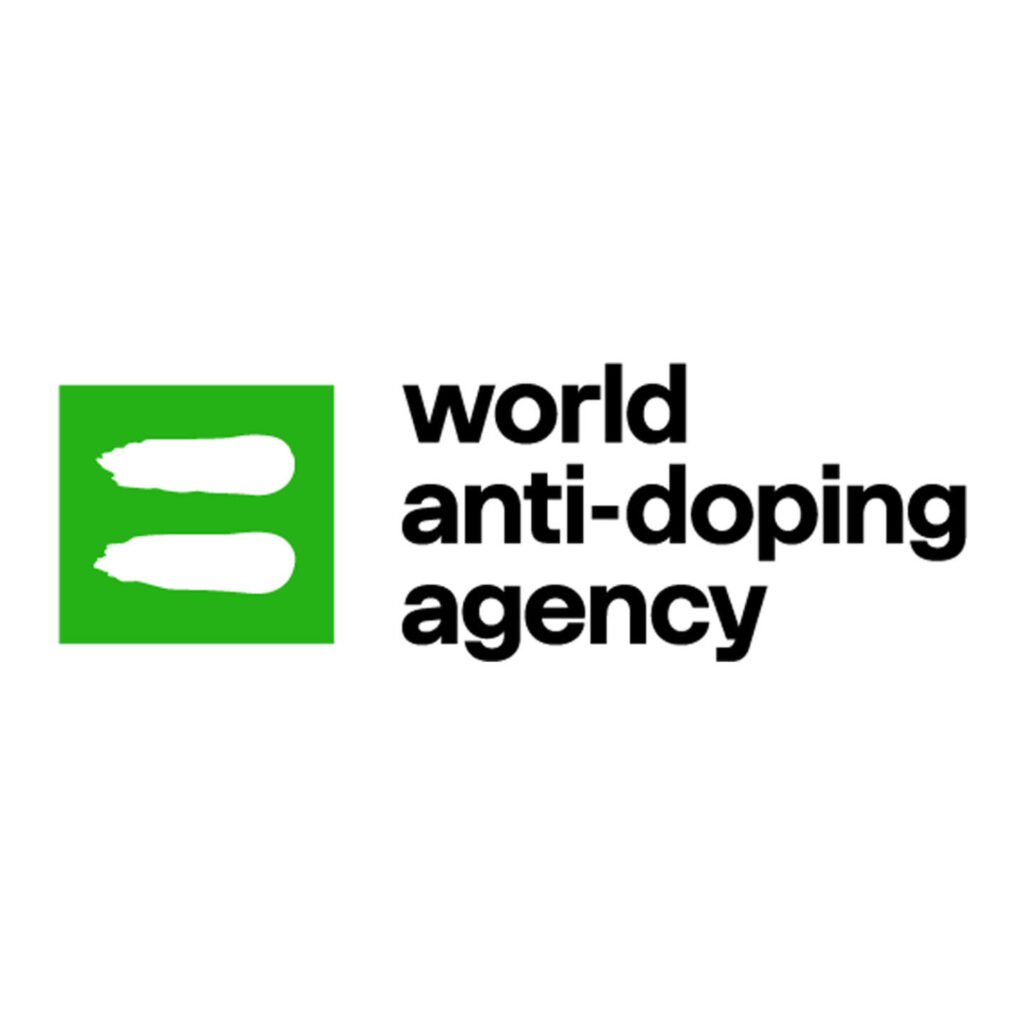

WADA and GUY NADO play critical roles in upholding the values of clean sport and protecting the integrity of athletics. These organisations work tirelessly to ensure a level playing field for all athletes by promoting education, conducting testing, and enforcing anti-doping regulations.
As members of the sports community, it is our collective responsibility to uphold the principles of fair play, integrity, and respect for the rules. By embracing clean sports and rejecting doping in all its forms, we can preserve the essence of competition and inspire future generations of athletes to compete with honour and integrity.
For more information on WADA and its initiatives, please visit the official WADA website. Together, let’s champion the spirit of clean sport and celebrate the achievements of athletes who compete with integrity and passion.
